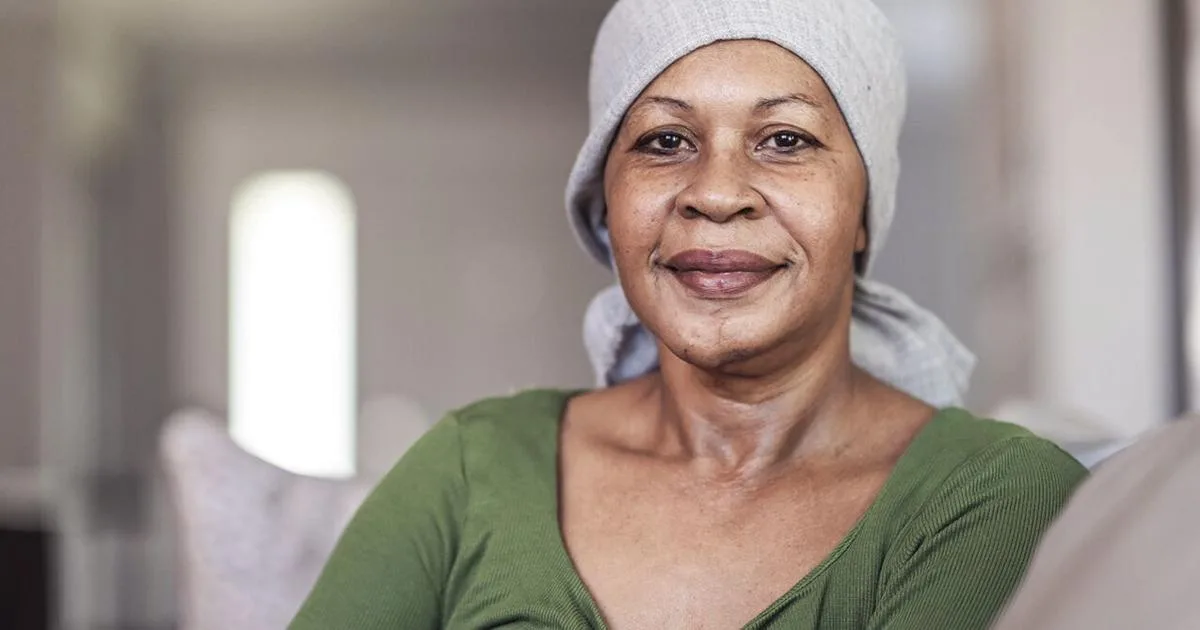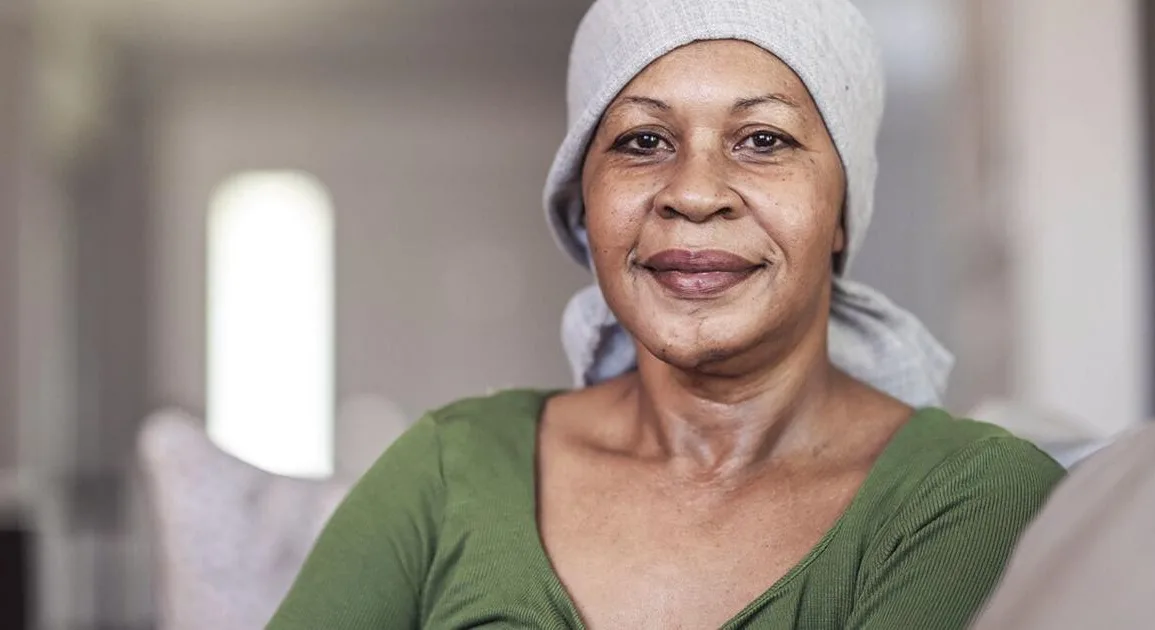
Many variables affect a person’s risk for developing cancer. Lifestyle choices like the foods a person eats and how much that person exercises can go a long way toward reducing cancer risk. However, certain risk factors for cancer, including race and ethnicity, are beyond individuals’ control.
The relationship between race and ethnicity and cancer risk is complex. Though genetics are a significant factor in that relationship, socioeconomc factors, which are not uniformly applicable to all individuals of a certain race or ethnicity, also figure into the equation.
For example, the MD Anderson Cancer Center notes that education and income level, access to health insurance, and access to routine medical screening and services can affect an individual’s cancer risk.
So while the risk for lung cancer may be especially high among African American males without access to routine medical screening and services, it is not necessarily as high for African American males who have access to such services.
Cultural factors also must be considered when discussing the potential link between race and ethnicity and cancer risk. The MDACC notes that cultural factors can involve practices and beliefs that are prevalent within certain communities. Those beliefs and practices, which can include eating certain foods, may increase or decrease a person’s risk for certain cancers.
But again, simply because a person identifies with a certain race or ethnicity does not mean that individual adheres to all of the cultural practices associated with those communities.
Individuals who do adhere to practices, such as consuming a diet that includes lots of ethnic foods, may want to speak with their physicians about the potential that such a diet, and other cultural practices, could increase their cancer risk.
The complicated relationship between race and ethnicity and cancer risk makes it difficult to say individuals of certain racial and ethnic backgrounds are definitively at higher risk of developing certain forms of the disease.
However, the National Cancer Institute and the American Cancer Society report that incidence rates for the three most common types of cancer (lung, prostate and breast) are highest among certain ethnic groups.
Lung cancer
Both the incidence and death rates for lung cancer are highest among African American males.
Prostate cancer
Prostate cancer death and incidence rates are highest among African American males.
Breast cancer
Incidence rates for breast cancer are highest among White, non-Hispanic women. The death rate for breast cancer is highest among African American women.
Recognition of the relationship between race and ethnicity and cancer risk is important. Individuals with questions about their risk are urged to speak with their physicians.


